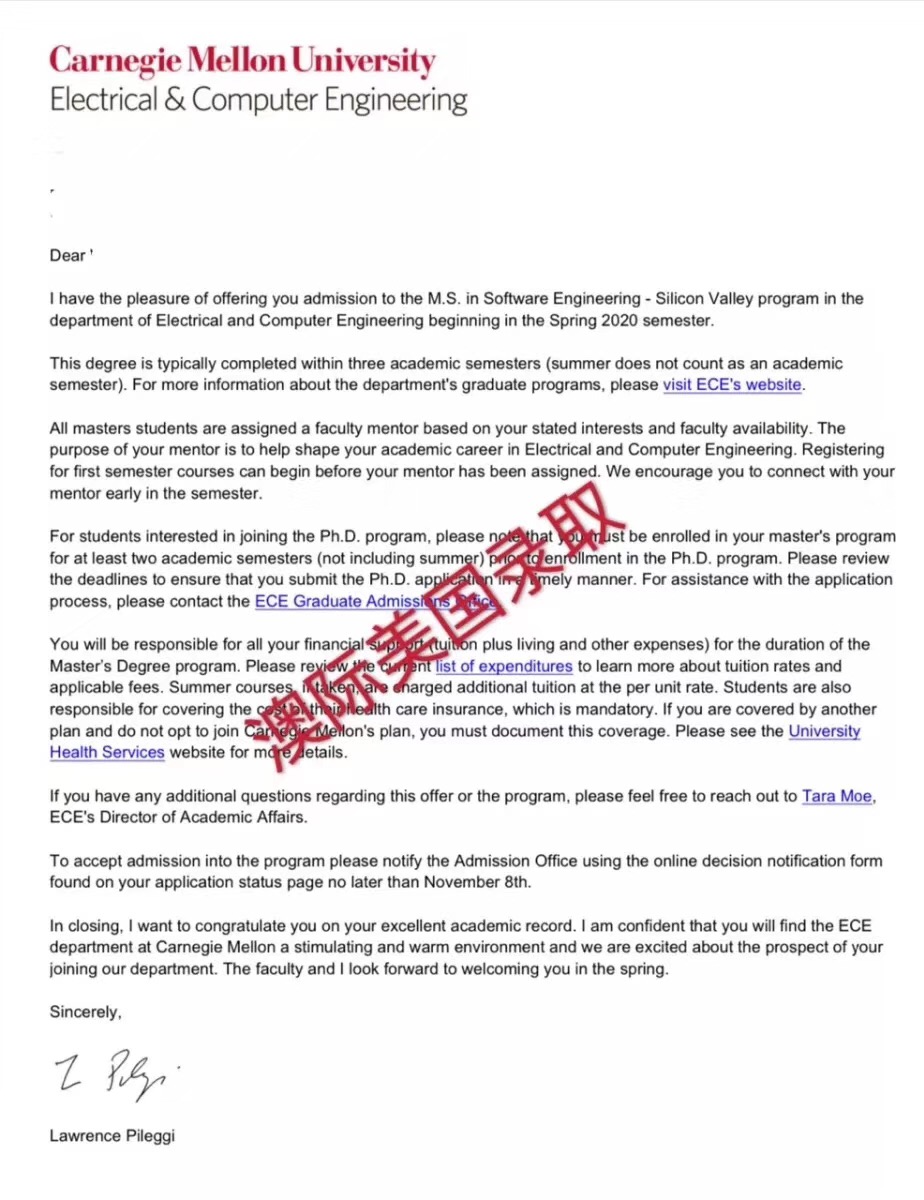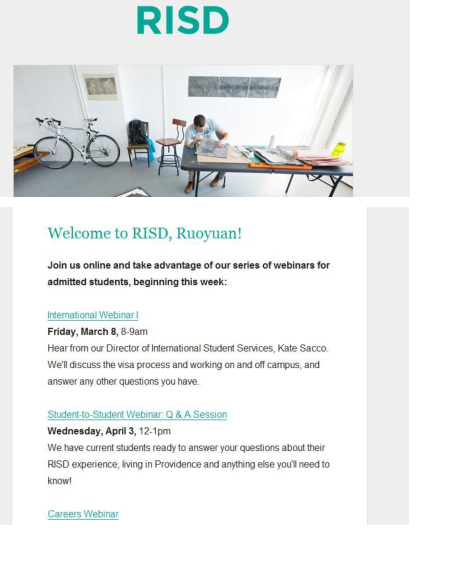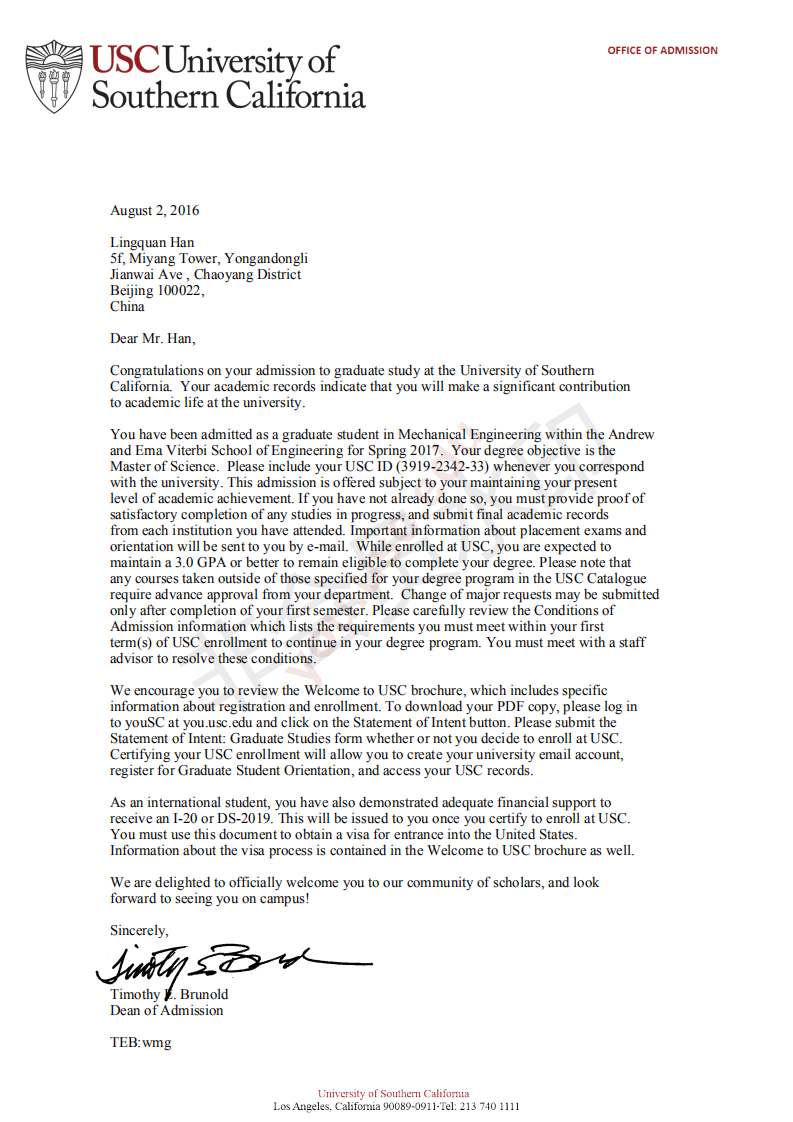SAT2美国历史词汇表:D.
2017-08-06 294阅读
大家一定要掌握关于SAT2美国历史的一些词汇,下面澳际小编为大家介绍以字母D开头的SAT2美国历史词汇表整理,词汇中涉及到了重要的历史事件、历史时期以及人物,非常全面,大家在复习SAT2美国历史时可以进行参考。
D
Clarence Darrow
A Chicago trial lawyer. Darrow earned fame in the 1925 Scopes Monkey Trial. Although Darrow’s client, the teacher John Scopes, lost the case, Darrow argued masterfully in court, and in so doing weakened the influence and popularity of fundamentalism nationwide.
Dartmouth College v. Woodward
The Supreme Court under Chi Justice John Marshall ruled that the state of New Hampshire could not convert Dartmouth College to a state university because doing so would violate the college’s contract, granted by King George III in 1769, and the Constitution forbids states from interfering with contracts. Republicans interpreted the decision and phrasing of the opinion as a shocking deat for states’ rights. Their reaction exposed political conflicts concealed under the facade of cooperation during the Era of Good Feelings.
Jferson Davis
Former secretary of war, Davis was elected president of the Confederacy shortly after its formation. Davis was never able to garner adequate public support and faced great difficulties in uniting the Confederate states under one central authority.
Dawes Plan
Devised by banker Charles G. Dawes in 1924. The Dawes plan scaled back U.S. demands for debt payments and reparations from World War I, and established a cycle of U.S. loans to Germany. These loans provided Germany with funds for its payment to the Allies, thus funding Allied debt payments to the U.S.
Dawes Severalty Act
Passed in 1887. The Dawes Severalty Act called for the breakup of Indian reservations and the treatment of Native Americans as individuals rather than as tribes. Any Native American who accepted the act’s terms received 160 acres of farmland or 320 acres of grazing land and was guaranteed U.S. citizenship in twenty-five years. Intended to help Native Americans integrate into white society, in practice the Dawes Act caused widespread poverty and homelessness.
Eugene Debs
A prominent socialist leader and five-time presidential candidate. Debs formed the American Railway Union in 1893 and led the Pullman Strike a year later. He helped found the Industrial Workers of the World, or Wobblies, in 1905. A pacifist, Debs opposed the government’s involvement in World War I. In 1918, he was imprisoned for denouncing the government’s aggressive tactics under the Espionage Act and Sedition Amendment; he was released in 1921.
Declaration of Independence
Drafted by Thomas Jferson, the Declaration of Independence was approved by Congress on July 4, 1776. The document enumerated the reasons for the split with Britain and laid out the Enlightenment ideals (best expressed by John Locke) of natural rights to “life, liberty, and the pursuit of happiness” upon which the American Revolution was based.
Declaration of the United Nations
Prompted by American entry into World War II, representatives from 26 nations signed the declaration on January 1, 1942. The signing countries vowed not to make separate peace agreements with the enemy and to uphold the Atlantic Charter.
Declaratory Act
Passed in 1776 just after the repeal of the Stamp Act. The Declaratory Act stated that Parliament could legislate for the colonies in all cases. Most colonists interpreted the act as a face-saving mechanism and nothing more. Parliament, however, continually interpreted the act in its broadest sense in order to control the colonies.
Deep Throat
The informant who helped Washington Post reporters Bob Woodward and Carl Bernstein as they delved into the Watergate scandal. Deep Throat’s true identity remains a mystery to this day.
Deists
Influenced by the spirit of rationalism, Deists believed that God, like a celestial clockmaker, had created a perfect universe and then stepped back to let it operate according to natural laws.
Democratic Party
Andrew Jackson’s party, organized at the time of the election of 1828. Throughout the mid- and late 1800s, the Democrats championed states’ rights and fought against political domination by the economic elite. They opposed tariffs, federal funding for internal improvements, and other extensions of the power of the federal government. The party found its core support in the South. The party underwent a major transformation in the 1930s during Franklin Delano Roosevelt’s presidency, when Democrats began to embrace a more aggressive and involved federal government. FDR’s New Deal policies cost Democrats the support of the white South—their traditional stronghold—and won them the support of many farmers, urban workers, blacks, and women. This Democratic support base remains in place today.
Détente
The relaxation of tensions between the U.S. and USSR in the 1960s and 1970s. During this period, the two powers signed treaties limiting nuclear arms productions and opened up economic relations. One of the most famous advocates of this policy was President Richard Nixon’s secretary of state, Henry Kissinger.
Dollar diplomacy
William Howard Taft’s foreign policy. Taft sought to address international problems by extending American investment overseas, believing that such activity would both benit the U.S. economy and promote stability abroad.
Dorothea Dix
A Massachusetts schoolteache. Dix studied the condition of the insane in poorhouses and prisons. Her forts helped bring about the creation of asylums, where the mentally ill could receive better treatment.
Domino theory
The theory that if any nation fell to communism, the surrounding nations would likely fall as well. Expounded by Dwight D. Eisenhower, the domino theory served to justify U.S. intervention in Vietnam.
Stephen A. Douglas
Rose to national prominence as Speaker of the House, when he pushed the Compromise of 1850 through Congress. Douglas was the leading Northern Democrat of his day, a supporter of popular sovereignty and the author of the Kansas-Nebraska Act. He battled Abraham Lincoln for a seat in the Senate (successfully) in 1858, and for president (unsuccessfully) in 1860.
Frederick Douglass
Perhaps the most famous of all abolitionists. An escaped slave, Douglass worked closely withWilliam Lloyd Garrison to promote abolitionism in the 1830s.
Dred Scott v. Sandford
In 1857, the Supreme Court ruled that no black, whether slave or free, could become a citizen of the United States or sue in federal court. The decision further argued that the Missouri Compromise was unconstitutional because it violated the Fifth Amendment’s protection of property, including slaves, from being taken away without due process.
W.E.B. Du Bois
An African American leader opposed to the gradual approach of achieving equal rights argued by Booker T. Washington. Du Bois advocated immediate equal treatment and equal educational opportunities for blacks. He was one of the founders of the National Association for the Advancement of Colored People (NAACP) in 1909.
Dust bowl
The name given to the southern Great Plains region (Arkansas, Texas, Missouri, and Oklahoma) during the 1930s, when a severe drought and fierce winds led to violent dust storms that destroyed farmland, machinery, and houses, and led to countless injuries. Roughly 800,000 residents migrated west from the dust bowl toward California during the 1930s and 1940s.
Dynamic conservatism
President Eisenhower’s philosophy of government. He called it “dynamic conservatism” to distinguish it from the Republican administrations of the past, which he deemed backward-looking and complacent. He was determined to work with the Democratic Party rather than against it and at times opposed proposals made by more conservative members of his own party.
以上就是以字母D开头的SAT2美国历史词汇表整理介绍。接下来澳际小编还会连续为大家介绍其它SAT2考试词汇,希望大家持续关注。澳际小编祝大家都能取得优异的SAT2考试成绩!
留学咨询
更多出国留学最新动态,敬请关注澳际教育手机端网站,并可拨打咨询热线:400-601-0022
留学热搜
相关推荐
- 专家推荐
- 成功案例
- 博文推荐

Copyright 2000 - 2020 北京澳际教育咨询有限公司
www.aoji.cn All Rights Reserved | 京ICP证050284号
总部地址:北京市东城区 灯市口大街33号 国中商业大厦2-3层









陈瑶A 向我咨询
行业年龄 17年
成功案例 5146人
拥有大量高端成功案例。为美国哈佛大学、宾夕法尼亚大学等世界一流名校输送大批优秀人才。
齐亚楠 向我咨询
行业年龄 15年
成功案例 4070人
商科案例有哥伦比亚大学等,工科案例有麻省理工大学等,艺术案例有罗德岛大学等。
李君君 向我咨询
行业年龄 15年
成功案例 4157人
成功案例涉及美国排名前60的院校,专业涵盖商科(金融,会计,管理),工科(生物工程,化学工程,计算机科学,电气工程)等热门领域。
闫丽 向我咨询
行业年龄 19年
成功案例 6995人
成功办理了2000多名学生,申请到斯坦福大学、约翰霍普金斯、康奈尔等世界前30的名校。